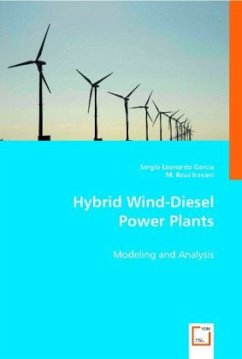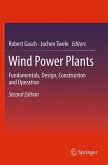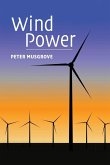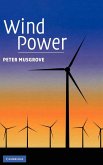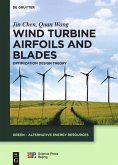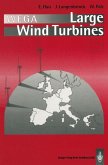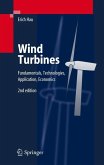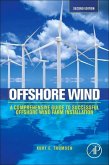In the last decades, the number of wind power generators added to the existing diesel generators has been increasing worldwide, and currently hybrid wind-diesel power plants represent one of the most promising, reliable, and cost-effective energy technologies available in the market. However, this hybrid source introduces several technical challenges that must be addressed if power quality standards are to be maintained. This book provides tools to analyze the dynamic behavior of wind-diesel systems through the development of a very detailed and comprehensive state-space model, which includes more than 470 equations. The small-signal and large-signal dynamic performance of the study system, for grid-connected and islanded mode of operation is evaluated. Transients caused by fault events and the subsequent accidental islanding of the wind and diesel units are investigated. Schematic diagrams of the PSCAD model are provided and the methodology used to tune the controllers is exposed. This book was especially designed for those interested in modeling power systems, power electronics, electrical machines, renewable wind-diesel energy systems, and controllers applied to power systems.
Bitte wählen Sie Ihr Anliegen aus.
Rechnungen
Retourenschein anfordern
Bestellstatus
Storno

